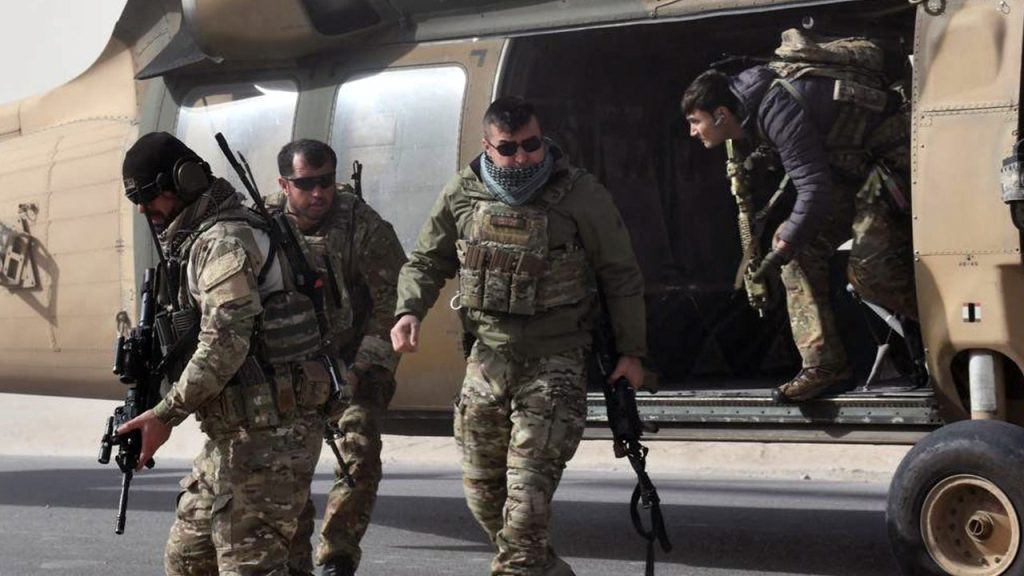The U.S. withdrawal from Afghanistan three years ago marked the end of the first U.S. campaign in the Global War on Terror. However, the collapse of Afghanistan to the Taliban and the resurgence of al Qaeda have raised concerns about the country once again becoming a hotbed of terrorism. Former Afghan Lt. Gen. Sami Sadat, author of “The Last Commander: The Once and Future Battle for Afghanistan,” warns that al Qaeda is now stronger than before, with an estimated 50,000 members and associates in Afghanistan who have been training for overseas operations in the past three years.
Despite the claims of President Biden that al Qaeda was “gone,” Sadat argues that the terrorist group has survived and adapted to changing political environments, including the U.S. attacks on their Islamic State rivals in the Middle East. Al Qaeda has established numerous bases and training camps in Afghanistan following the U.S. withdrawal, making it a crucial hub for the organization. U.S. intelligence assessments suggest that while al Qaeda may currently lack the capability for long-range attacks, it still poses a significant threat and is capable of carrying out major attacks against Western targets.
One major difference in the re-emergence of al Qaeda today compared to the group behind the 9/11 attacks is the backing of nation-states. Reports indicate that Iran has become a new home base for al Qaeda, hosting terrorist members and providing support to the Taliban, creating a complex web of alliances against Western powers. The involvement of Iran and other state-funded nations in supporting terrorist groups has created a dangerous situation in the Middle East, with potential consequences for global security.
The strategic and operational decisions made in Afghanistan over the past two decades, influenced by political turmoil in the U.S., have had devastating consequences not only for Afghanistan but also for global security. Multiple administrations have struggled to find a long-term solution to combating terrorism in the region, leading to a resurgence of militant groups and the collapse of Afghan forces in the face of Taliban attacks. Sadat emphasizes the need for a comprehensive strategy to address the root causes of terrorism and prevent the reemergence of groups like al Qaeda.
The failure to consistently support Afghan forces and counter state-funded nations like Iran has allowed terrorist groups to grow stronger and forge ties with adversaries of the West. Afghanistan has once again become a breeding ground for international terrorism, under the protection of the Taliban. Sadat, who remains determined to return to Afghanistan and work towards peace and prosperity in the country, highlights the importance of addressing the ongoing threats posed by al Qaeda and other extremist groups in the region.
The lessons learned from the U.S. withdrawal from Afghanistan and the resurgence of al Qaeda highlight the need for a coordinated and sustained effort to combat terrorism globally. The challenges posed by state-sponsored terrorism, shifting alliances, and the rise of new threats underscore the importance of continued vigilance and engagement in addressing the root causes of extremism. As Sadat looks towards the future and the possibility of returning to Afghanistan to make a difference, the international community must work together to prevent the spread of terrorism and ensure stability in the region.


